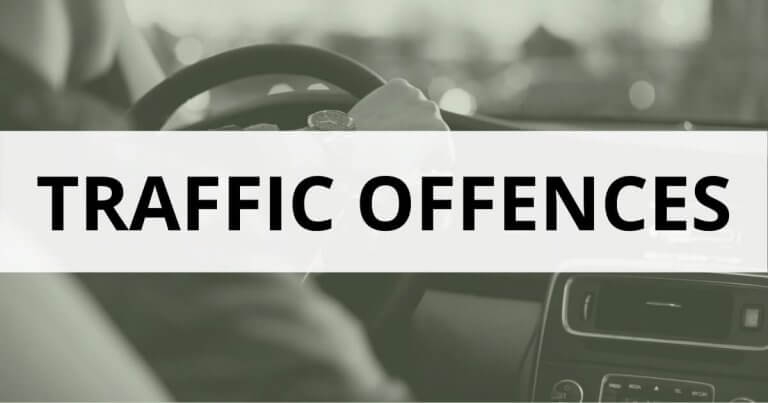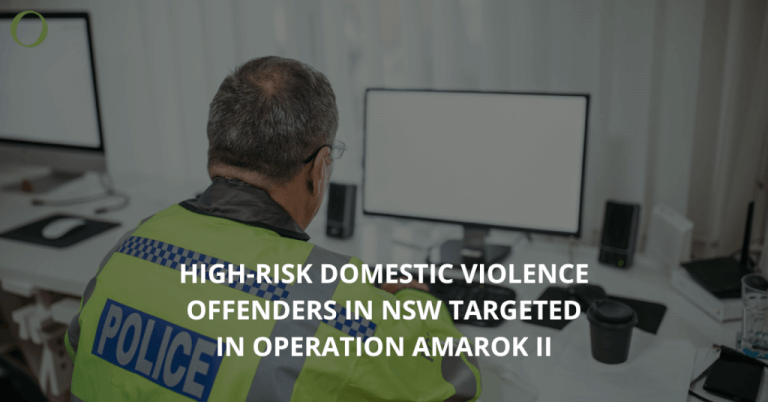
Day One of the Royal Commission wasn’t day one in any substantive sense – it was merely a directions hearing, the purpose of which was “to inform key stakeholders and the public about the nature and scope of the Commission”. Regarding the scope of the Commission, it has become clear today that the inquiry will focus on a ten-year window, from August 2006 until August 2016. That period will be wide enough to capture all of the abuse experienced by our clients – Dylan Voller and Jake Roper – and will hopefully be wide enough to examine the root causes of the abuse within Don Dale and other youth prisons.
The proceedings officially began with statements from each of the commissioners. Commissioner Mick Gooda (former Aboriginal and Torres Strait Islander Social Justice Commissioner) stressed the fact that community engagement – especially the engagement of Indigenous groups – will be critical to the success of the Royal Commission. To that end, the Commissioners have met with groups across the Northern Territory and have employed two “senior Aboriginal people” to liaise with the community: however, there are concerns from some Indigenous groups that these efforts are not comprehensive enough. Commissioner Margaret White AO used her opening remarks to very helpfully explain the processes through which witnesses are summoned or seek leave to appear before the court. She also stated that:
“There can be no one in our community who is not anxious to find out if there are ways to bring about a significant reduction in child offending so that those children may live fulfilling lives in harmony with their own communities and so that a broader civil society may prevail, overall, in the Territory.”
Following the openings from the Commissioners, the two counsel assisting – Peter Callaghan SC and Tony McAvoy SC – had the chance to slot in their two cents. Callaghan should be applauded for mentioning the importance of diversionary measures in preventing crime, stating that “There are obvious and profound benefits, for the children, their families and the community, if such measures can be deployed successfully.”
McAvoy likewise deserves praise for directing the attention of Commission to the Convention on the Rights of the Child (CROC). You might not know it in Australia, but human rights conventions exist for a reason – to set a minimum standard of behaviour for the treatment of the most vulnerable members of society. Australia would do well to put more focus on human rights instruments, and this royal commission is a very good place to start.
With all the pre-written formalities over, Commissioner White invited the lawyers in the room to publicly record their applications to appear before the Commission. This wasn’t strictly necessary (the applications also have to be formally submitted, and it is those paper applications which matter), but this part of the day provided a bit of levity. The lawyer for NAAJA was at first unable to explain what his acronym means,* prompting Commissioner White to joke that “the Territory is more full of acronyms than any other place I’ve ever encountered”. https://twitter.com/nedavanovac/status/772969328995999744 The Commission will begin its main hearings in mid-October. When it does get underway, some the best Twitter accounts to follow are:
@nedavanovac
@katewildabc
@nadiasdaly
@heldavidson
@james_oaten
@james_felicity
@jacqueline_e_b
(If we’ve left anyone out, please get in touch and we’ll add them to the list)
Speaking of Twitter, there was some online confusion over which hashtag to use: #rcnt or #NTRC. Our view on this doesn’t matter a whole lot, but – for the record – we prefer #NTRC. It’s cleaner, you know. Less likely to be misconstrued. The deadline for the findings of the Royal Commission is 31 March, 2017.
Update: The current Children’s Commissioner, Colleen Gwynne, has just held a press conference in which she made it very clear that “there needs to be a really broad high-level reform of youth justice and whatever that model will look like, it’s got to be significantly different to what we have now”. Colleen Gwynne is the successor of Dr Howard Bath, who initiated this instrumental investigation into the tear-gassing incident.
Media contact: Please contact our office at the number below.
:contactOBS:
-
Peter O'Brienhttps://obriensolicitors.com.au/author/peterob/
-
Peter O'Brienhttps://obriensolicitors.com.au/author/peterob/
-
Peter O'Brienhttps://obriensolicitors.com.au/author/peterob/
-
Peter O'Brienhttps://obriensolicitors.com.au/author/peterob/






